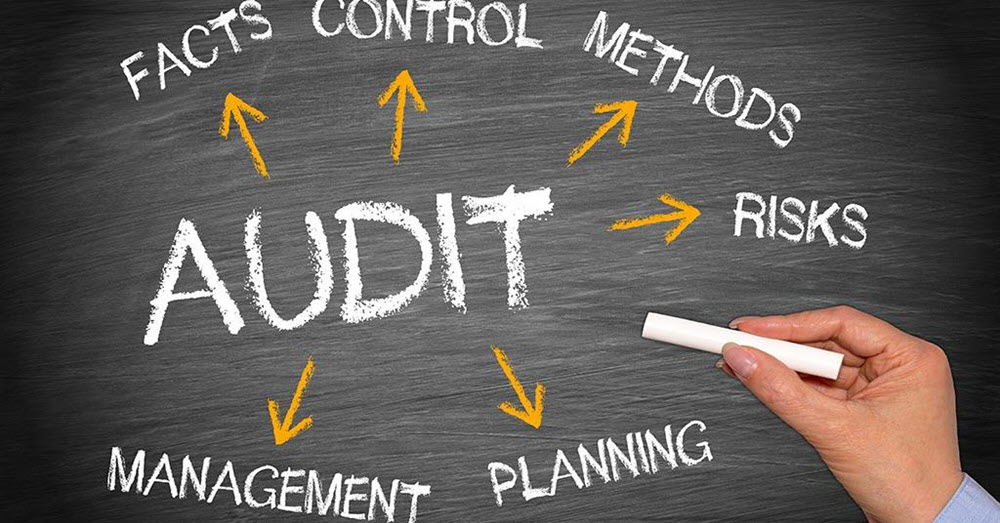EQMS Blog

Skills Required For A Quality Auditor
Basically, the main duties of a quality auditor are about examining a product or system in order to make sure that the established standards and specifications are fulfilled. A quality auditor will also be required to write audit reports and assessments, as well as creating protocols for quality control and monitoring. The responsibilities of a quality auditor will mainly evolve around the specifications of a given job. For example, in some cases a quality auditor only has the responsibility of inspecting a particular component of a product, for instance standards compliance or customer safety.
The position of a quality auditor calls for proper certification through appropriate education and stages of work experience. When it comes to skills, auditors are encouraged to explore their field of work and network with others. Another key factor to succeed is analytical thinking for problem solving. Therefore, a quality auditor needs to master some key skills so he/she can fulfil his/her job efficiently and effectively. The following skills hold paramount value for a properly certified quality auditor.
Maintaining Standards
It is very clear in the overall agreement that management systems auditors play a significant and prominent role, which is why a diverse skill set is required for them, in order to carry out correct and value-adding audits. In this context, one approach to evaluate an auditor’s competence is by means of checking the requirements for professional certificates from proper organisations such as the International Register of Certificated Auditors (IRCA). In recent years, ISO has made serious efforts for defining and standardising competencies for quality auditors.
Competency of a Quality Auditor
There is no doubt that there is a strong need to make certain quality auditors are competent in their given field, since the outcome of their work will have a significant influence on the organisation.
The scope as well as the objective of an audit program play a key role in determining the required competence level of an auditor. For instance, a product audit requires knowledge of the product specification, whereas a system audit is much more complex and require in depth knowledge and experience with relevant standards.
Clear Decision-Making
The art of decision making is about identifying choices by recognising a decision, collecting information and evaluating alternate solutions in advance of selecting a particular one. When it comes to quality auditors, making bad decisions can have a negative impact and result in unnecessary cost. In light of that, a quality auditor is supposed to promote an organised approach in the workplace. This provides the foundation for clear decision making based on actual data and facts. One has to bear in mind that with increased experience, auditors can fall into the trap of making assumptions; however, in auditing it holds paramount value not to be judgmental. Likewise, an experienced auditor should be really cautious about not pre-judging a particular situation, just for the reason that he/she may have observed something similar in the past.
Effective Communication Skills
There is no doubt that an effective auditor needs proper understanding about business and the mandatory standards. However, it won’t do much if this understanding is not communicated properly. In this regard, there is a strong need for quality auditors to make observations leading towards useful improvements for their clients. Similarly, the approach adopted by quality auditors for effective communication can contribute in a great deal to develop a productive rapport. One must focus on verbal as well as written communication, as both have a significant value for the auditor. For quality auditors, effective and efficient verbal communication skills is essential for shaping long-term relations with colleagues, customers and suppliers. Similarly, quality auditors essentially need to learn effective written communication skills. Written communication is useful for note taking, reporting, editing and summarising, along with making appealing presentations. Furthermore, other key skills not to be overlooked include impartiality and the capability to build a trustful atmosphere.
If you are looking for support with your internal audits, developing an ISO 9001 Quality Management System, or need an ISO 9001 Introduction Training for your employees, then contact us for a free consultation on how we can help.
Continue to ISO 9001 Consultants
Request a free consultation
Contact us to discuss your needs and see how we can support to reach your goal.

Recent posts

In today's digital age, businesses are constantly exposed to various cyber threats. As a result, companies must adopt a proactive approach to cybersecurity to prevent data breaches, theft, and other...

Quality management systems are essential in ensuring that organisations can deliver quality products and services consistently. The International Organisation for Standardization (ISO) developed the ISO 9001 standard to help organisations...

ISO 14001 is a globally recognised standard for environmental management systems (EMS) that helps organisations manage their environmental impact and improve their sustainability performance. Obtaining this certification demonstrates a company's...
Just a Few of Our Clients
Request a Free Consultation
Contact us to discuss your needs and see how we can support to reach your goal.















